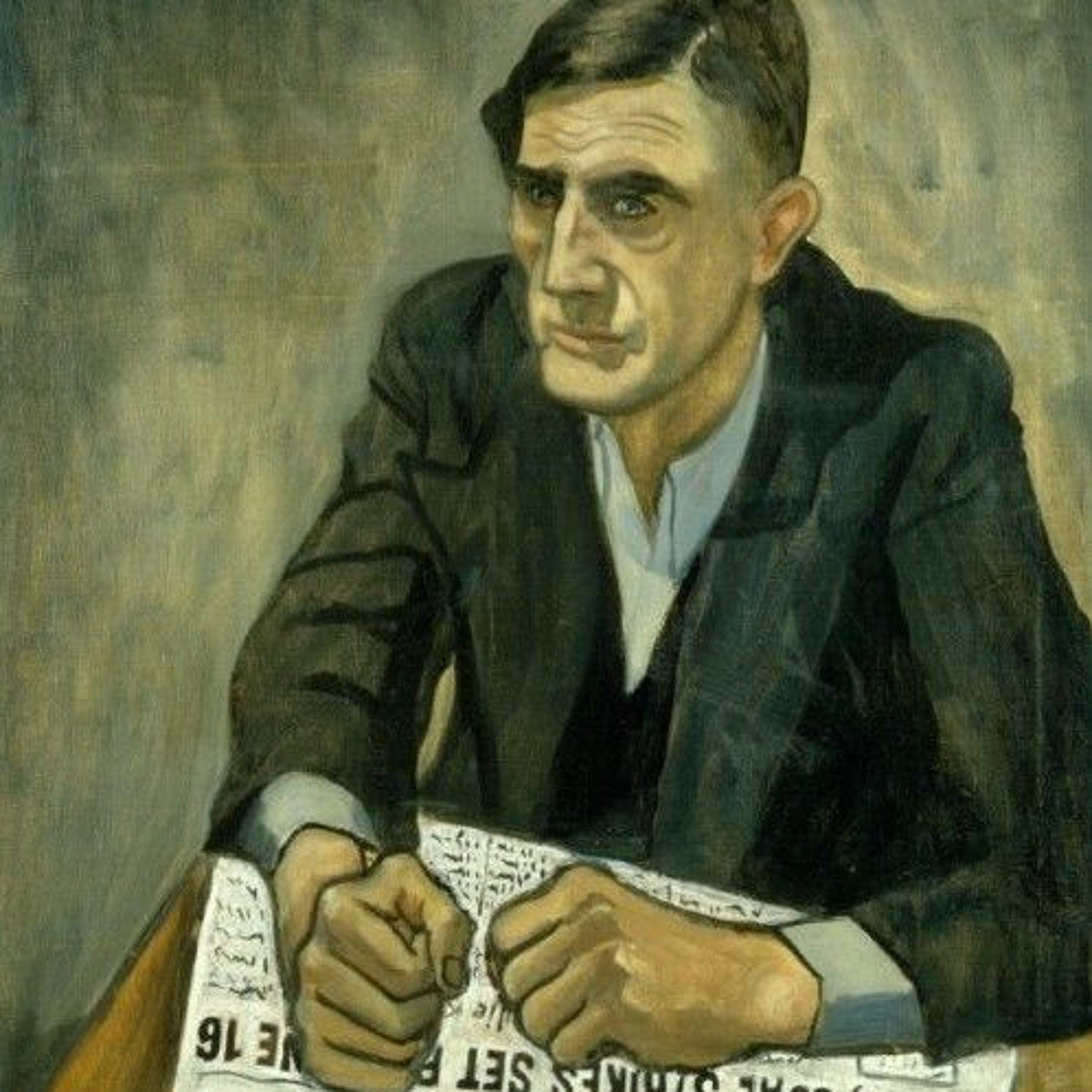Resistance is a beautiful word. It is a Romantic word. It is the word of the moment. But what does resistance really mean? Are you a resister if you simply say you are? Anyone can call themselves a resister and put a hashtag in front of it. Does that make them part of the “#resistance?”
Real resistance has an objective and it comes at a price.
This FRDH podcast tells several stories of resistance from recent history to see if they have something to teach those who want to resist President Trump.
French resistance: Almost from the moment the German Army overran France in June 1940 there was resistance: acts of non-cooperation with German orders or scrawling anti-Nazi graffiti on walls. It was spontaneous and uncoordinated and it had little effect. The new administration of the country took shape: a zone of occupation run by the Germans in the north headquarted in Paris. A French run government based in Vichy oversaw the south. Very quickly this new normal became established fact.
From the beginning, the resistance – think of it as being written without a capital “r” at that point – was as disparate as French society. All manner of people and groups “resisted’ without any central coordination. The resisters came from the right and the left, men and women. They were catholics, protestants and jews.
Vietnam War resistance: Non-cooperation with the draft was called resistance. An organization named “Resistance” was started by David Harris. Harris served time in a Federal Prison for his anti-draft activities.
Artistic resistance from the 1930’s in America.
Resistance is a beautiful word … but it is just a word. It is a name for something, it is not the thing itself. It is not action. If it helps people get over the shock of change to add hashtagresistance to their messages … fine but more important than the word is this question: What is a meaningful way to act in a political order you find wicked or shameful? Should you act as an individual or be part of an organization? Is speaking out resistance? or just a first step towards it?
Give FRDH 15 minutes and I will give you the past as prologue to the present.
The FRDH Podcast is hosted by internationally acclaimed journalist Michael Goldfarb and is about History. The History he has reported on; the History he has written about; and the long History he has lived.
You can subscribe to the podcast on iTunes, YouTube and Soundcloud, and you can follow us on Facebook and Twitter.
You can also donate to keep the episodes coming.
